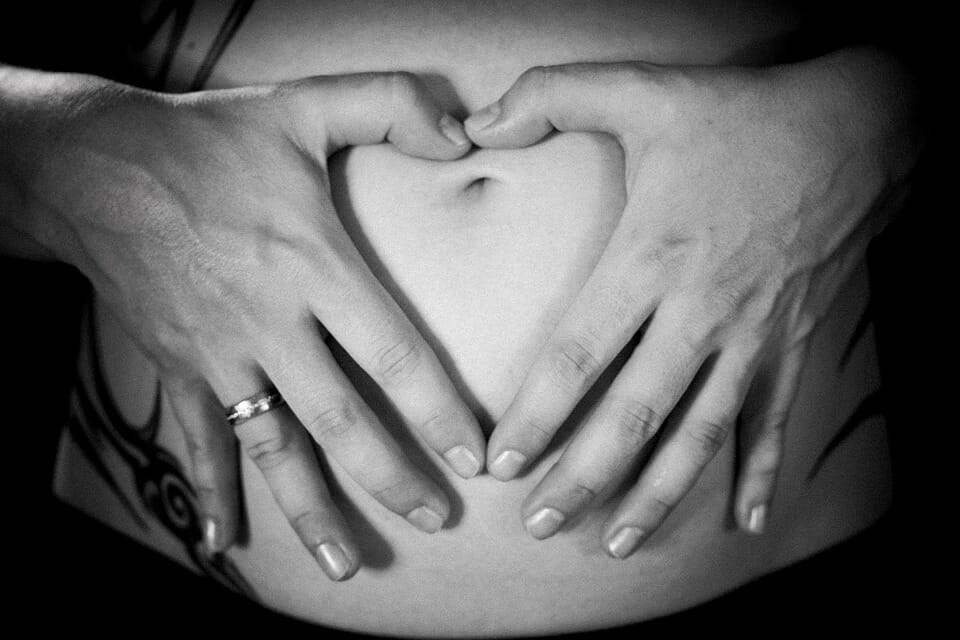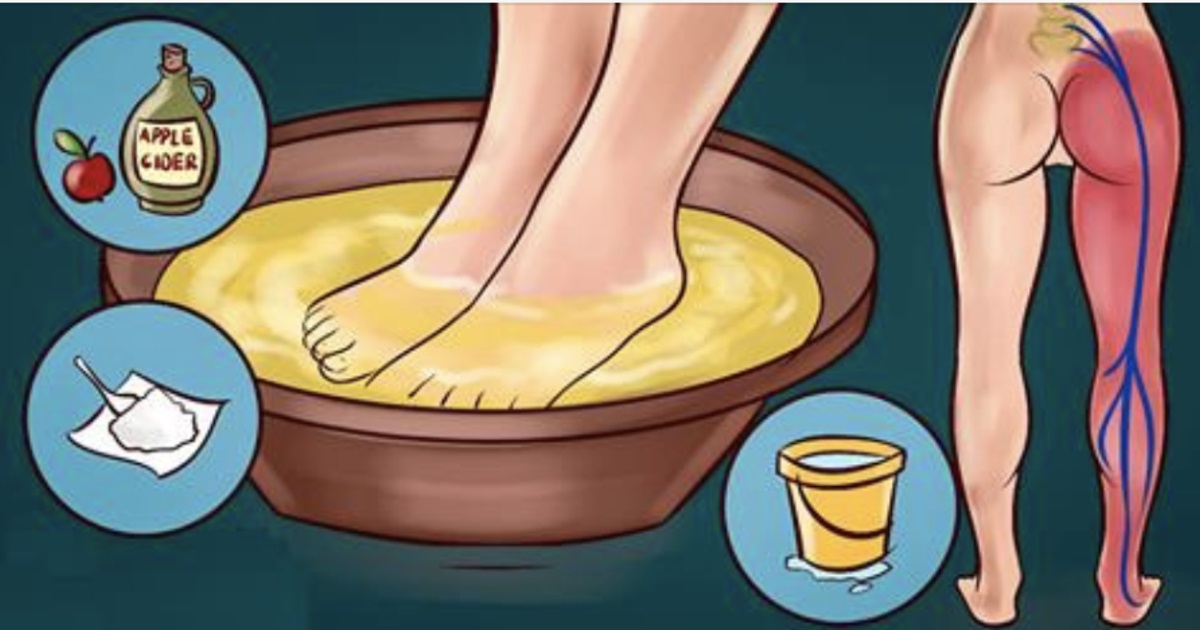Here's why Japanese women don't get fat and their life expectancy is the longest in the world! The secret is just amazing
|
In the last 25 years, Japanese women have held the world record for the longest life expectancy among women. The average life expectancy of a Japanese woman is 87 years.
Aside from the fact that they live longer than any of the women in the world, Japanese women look young, and somehow manage to withstand the natural process of aging. Fortunately, you can finally try their secret to longevity and beauty.
The book "Japanese Women Don't Get Old Or Fat" written by Japanese author Naomi Moriyama, reveals the secrets of Japanese cuisine and the natural remedies that make them look young and stay healthy.
In the book, she writes that Japanese cuisine uses food that prevents aging, health problems, and weight gain. Daily consumption of these foods - fruits, rice, fish, seaweed, vegetables, green tea, and soy, leads to balance of weight and preventing the aging process.
The Japanese regularly consume homemade dishes that include soup, fruit, roast fish, rice bowl, cooked vegetables and green tea.
They love fish very much, and consume 10% of global fish consumption, which is amazing considering they make up only 2% of the world's population.
Mrs. Moriyama also claims that Japanese children learn healthy nutrition habits from an early age, they value healthy food and eat slowly. In addition, each dish is served separately, and no large portions or second serving are allowed. The dishes are fairly simple and are usually steamed or roasted.
All meals have rice, instead of bread, which is one of the biggest differences between their eating habits and ours.
The Japanese believe that breakfast is the most important meal of the day, and it contains various dishes such as fish, omelette, soup, tofu, seaweed, steamed rice, garlic, and green tea.
They avoid eating sweet beverages, and if they are already eating them, then it will be a very small dose. Women are aware of the negative effects of foods with sugar such as cakes, ice cream, and chocolate, and hardly ever eat them.
The author's conclusion at the end of the book explains the importance of sporting activity as well:
"Exercise is part of Japan's daily routine and to maintain a healthy lifestyle, they are building a whole culture that surrounds around biking, walking and hiking."












